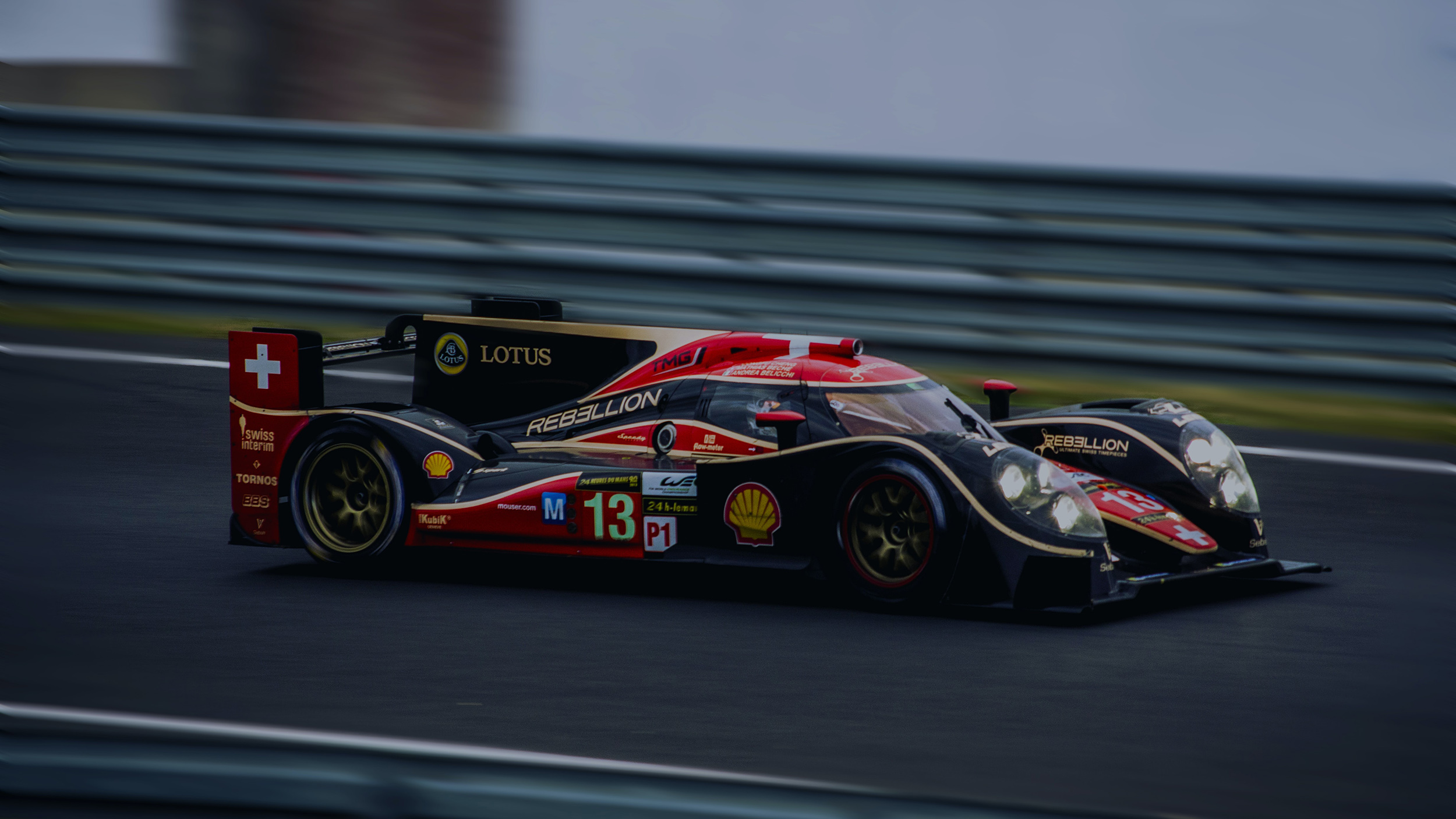A new fuel partially made from wine residues has been developed for race cars and will be offered to teams at 24 hours of Le Mans race next year, says its producer TotalEnergies.
Named ‘Excellium Racing 100,’ the so-called advanced ethanol fuel is made in part with residues from the French wine industry, such as wine lees and grape pomace. Pierre Fillon, president of Automobile Club de l’Ouest, which organizes 24 hours of Le Mans, said that the event is well suited to test out biofuel. The fuel is expected to be introduced for race cars at next season’s FIA World Endurance Championship.
The production process involves “industrial fermentation, distillation then dehydration,” said the group. This base “is then blended with ETBE (Ethyl Tertio Butyl Ether), itself a by-product made from ethanol, and with several performance additives.”
The fuel should allow an immediate reduction of at least 65% of the racing cars’ carbon emissions. It works by blending wine residues with with an ethanol byproduct, helping the engine burn fuel more efficiently and reducing air pollution. For TotalEnergies, it’s an opportunity to test fuels that will help with a wider push to reach net zero carbon emissions by 2050.
Fédération Internationale de l’Automobile (FIA)–motorsport’s governing body–has recently backed efforts to develop more sustainable fuel and power sources for racing cars, including in Formula 1.
”Endurance racing, by its nature, has always served as an excellent research and development platform and it is an important milestone to have the FIA World Endurance Championship switching to 100% sustainable fuel,” said FIA president Jean Todt. “It’s FIA’s major goal to implement sustainable energy sources across its portfolio of motorsport disciplines.”
In July, Glenfiddich began converting its delivery trucks to run on low-emission biogas made from waste products from its own whisky distilling process as part of a “closed loop” sustainability initiative.


